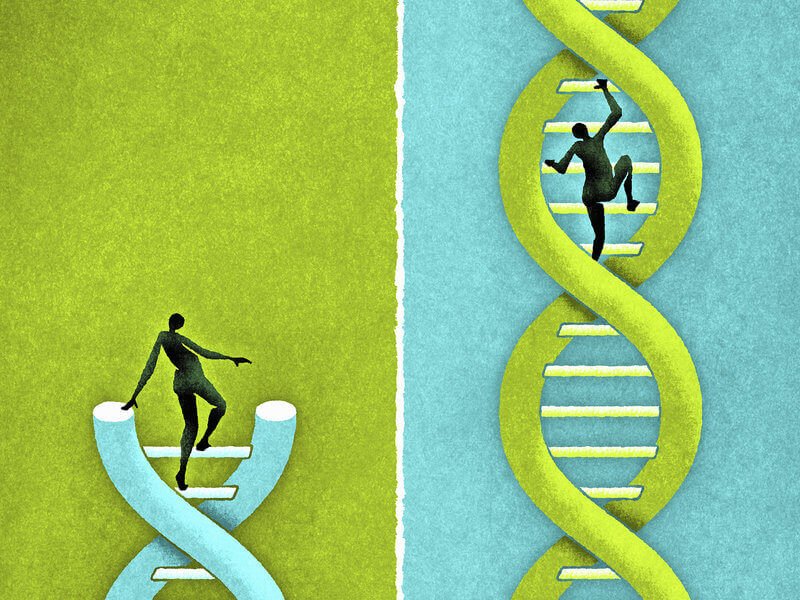In the past 70 years, we have uncovered the structure of DNA, the blueprint of life, built machines to read it and harnessed the power to rewrite it. Gene technologies have helped us track and fight COVID-19 faster than any outbreak in history, with real-time genomic sequencing, and new-generation mRNA vaccines. And scientists believe we are on the cusp of doing a whole lot more: even curing incurable diseases.
For the first time, gene editing saved lives when it was used to help two toddlers with terminal leukemia at London’s Great Ormond Street Hospital in 2015. “The girls are still in remission,” says Professor Waseem Qasim now.
Indeed, as historian and futurist Yuval Noah Harari writes in his book Sapiens, if we use this technology, humanity will begin to break the laws of natural selection that have shaped life for the past four billion years, and replace them with “laws of true intelligent design”.
Author and geopolitical expert Jamie Metzl, who sits on the World Health Organisation’s committee on human gene-editing, agrees it is “the most powerful technology in history” because it can fundamentally change not just individuals, but species. “And it’s [advancing] much faster than most people realise,” he says.































